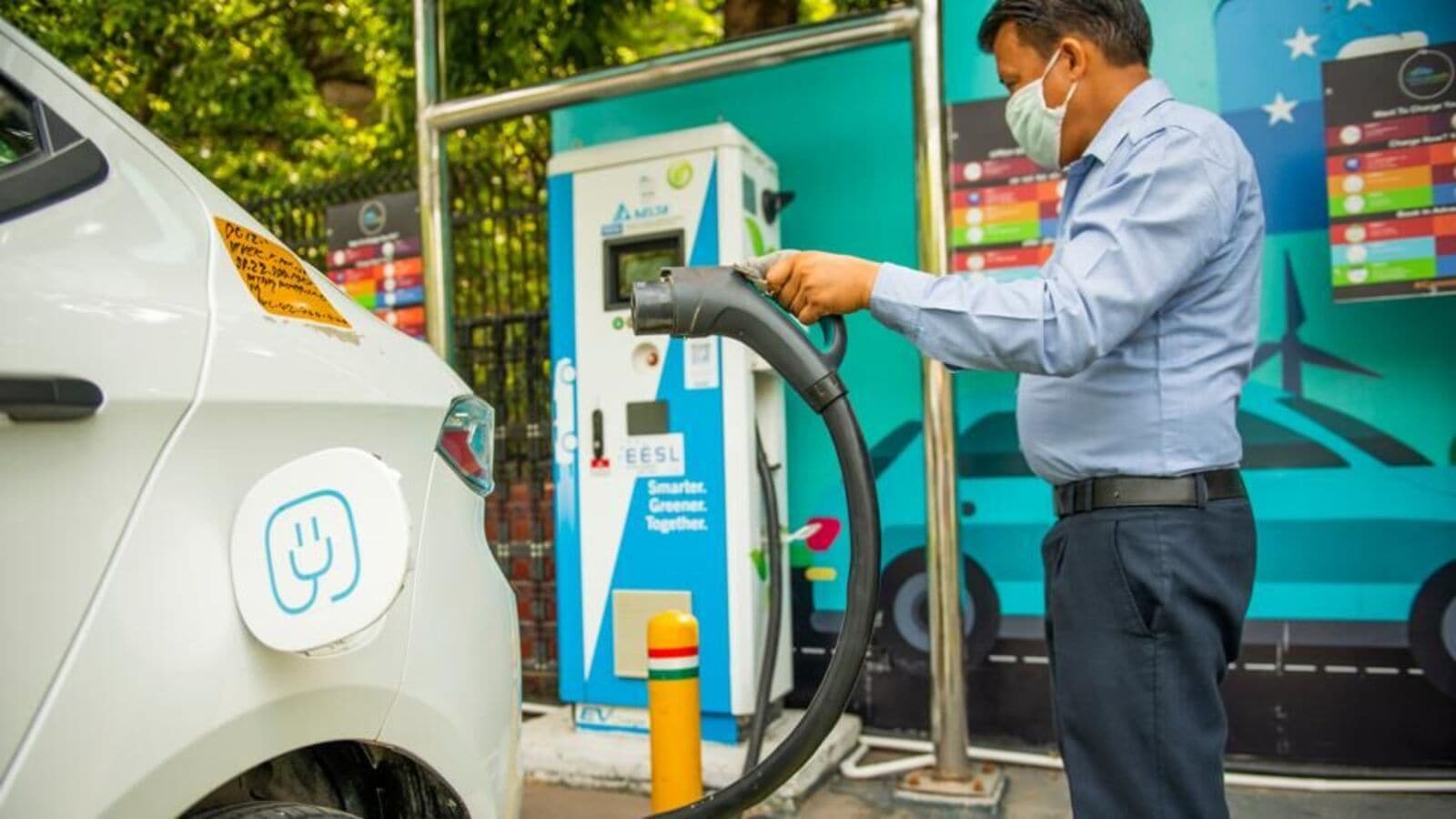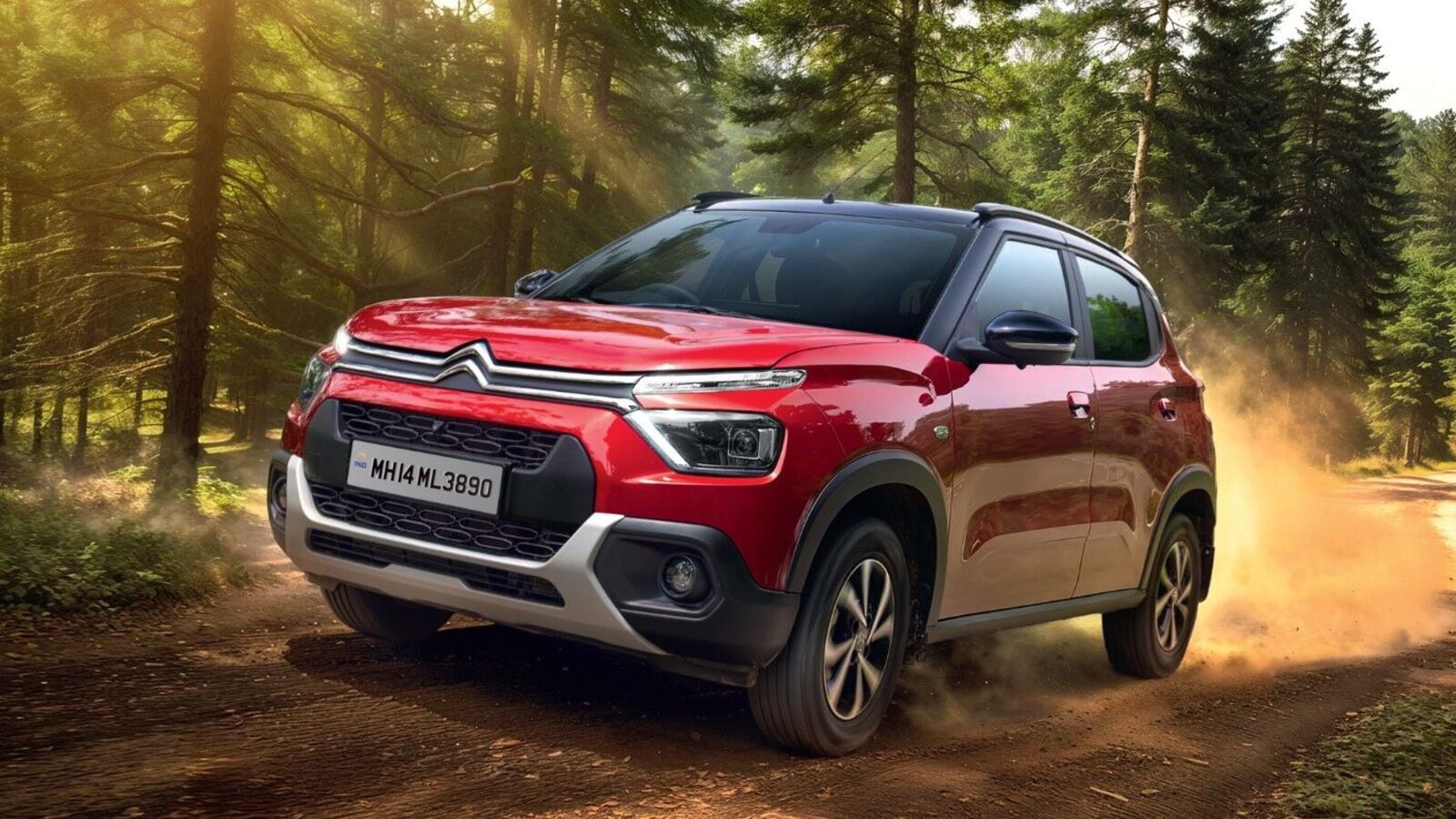The popularity of Electric Vehicles in India is rising due to government incentives and environmental benefits. While urban drivers enjoy cost savings
…
With the growing need for sustainable transportation, Electric Vehicles (EVs) are gaining popularity in India. A lot of car manufacturers have already launched and sold multiple electric models and also benefitted from incentives given by the government. However, like any investment, purchasing an EV has its pros and cons.
The decision to buy an EV in India depends on an individual’s priorities and lifestyle. For those who primarily drive in urban areas with access to charging infrastructure, benefits such as cost savings and ease of driving could make EVs worth considering. However, for drivers who frequently travel long distances or live in areas with limited charging options, the current limitations could make the EV ownership experience more challenging. Let’s take a look at the pros and cons of buying an EV in India.
Also Read : Stellantis to launch EV fleet using solid-state batteries in two years
Owning an EV in India: Pros
Electric vehicles have a number of advantages, the most prominent one pertains to the tailpipe emissions. When you drive an EV you see zero tailpipe emissions which reduces air pollution in the city. And with the growing renewable energy capacity in India, EVs could increasingly run on clean, green electricity, further reducing their carbon footprint.
Other than environmental benefits, EVs also get certain personal benefits. The cost of electricity is significantly lower than that of petrol or diesel. As a result, charging an EV at home can save a considerable amount of money in the long term. Also, when buying an electric vehicle, subsidies under schemes like FAME II (Faster Adoption and Manufacturing of Hybrid and Electric Vehicles) on EV purchases reduce the upfront cost. The government also offers tax deductions on interest paid on loans taken to purchase an EV. Some states in India even offer reduced or waived road tax and registration fees, adding up to the overall savings.
In terms of maintenance too, EVs have fewer moving parts than ICE (internal combustion engine) vehicles, which means they often have lower maintenance requirements and costs over time.
While driving electric vehicles have the advantage of being silent, reducing the overall stress that a driver has to endure especially in city traffic. They also offer a lot of torque and they do it quickly allowing for a faster acceleration.
Also Read : Confused between electric bikes vs petrol bikes? Which one will be right choice
Owning an EV in India: Cons
The list of cons is not short, however, this is usually the case with newer technologies. First and foremost, EVs are generally more expensive than their petrol or diesel counterparts due to the major cost of lithium-ion batteries. While being expensive there is also not a long list of options available in each segment of cars at the moment.
While there are some affordable EV options, most models with substantial features and range remain priced 5-10 lakhs above the ICE counterpart of the category. Out of these selective cars, the number of cars which offer a decently acceptable range becomes smaller still. Many EVs in India still offer a range between 150-500 km per charge. For those who drive long distances, this can be a constraint.
Related watch: Tata Curvv EV review: Can electric power charge up compact SUV game?
Apart from this, the time taken by an electric vehicle for charging is much longer than refuelling a petrol or diesel vehicle. Even fast chargers take at least 30-60 minutes for a substantial charge, while standard home chargers can take 6-8 hours to juice up the battery. The charging time issue will be the lesser of your problems if you happen to live in a rural area where there isn’t a lot of charging infrastructure available within proximity.
Other challenges also include the use of different charging standards, which may limit charging options if the infrastructure in an area doesn’t support a specific type. Also, over time EV batteries tend to lose their full capacity, reducing the vehicle’s range. Most EV batteries have a warranty of around 8 years, but after this period, a replacement can be expensive.
Check out Upcoming Cars in India 2024, Best SUVs in India.
First Published Date: 29 Oct 2024, 19:45 PM IST




